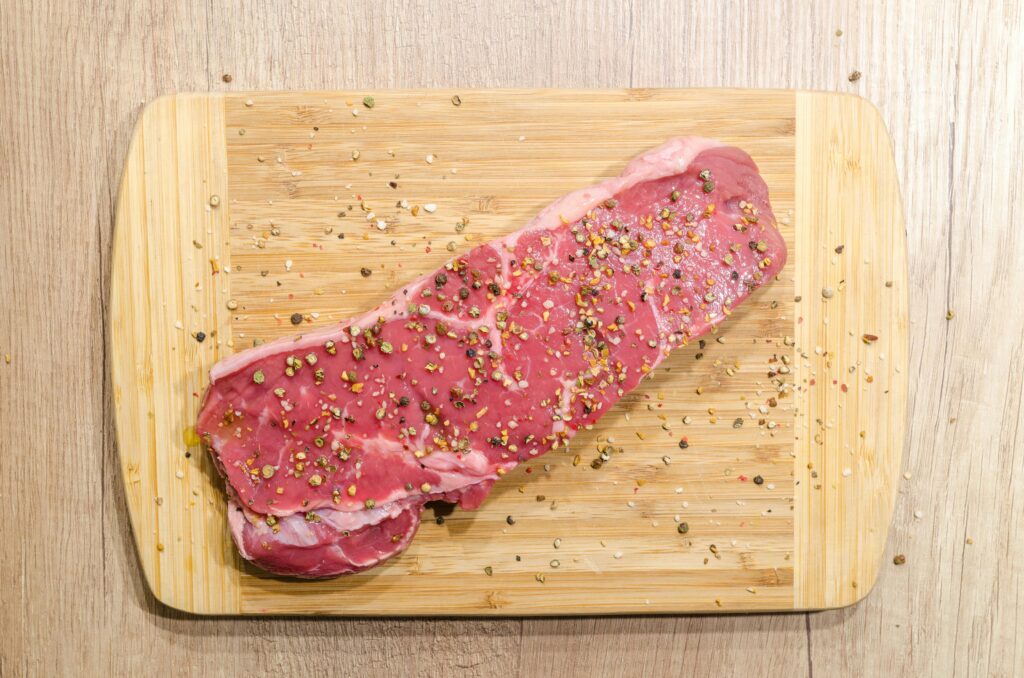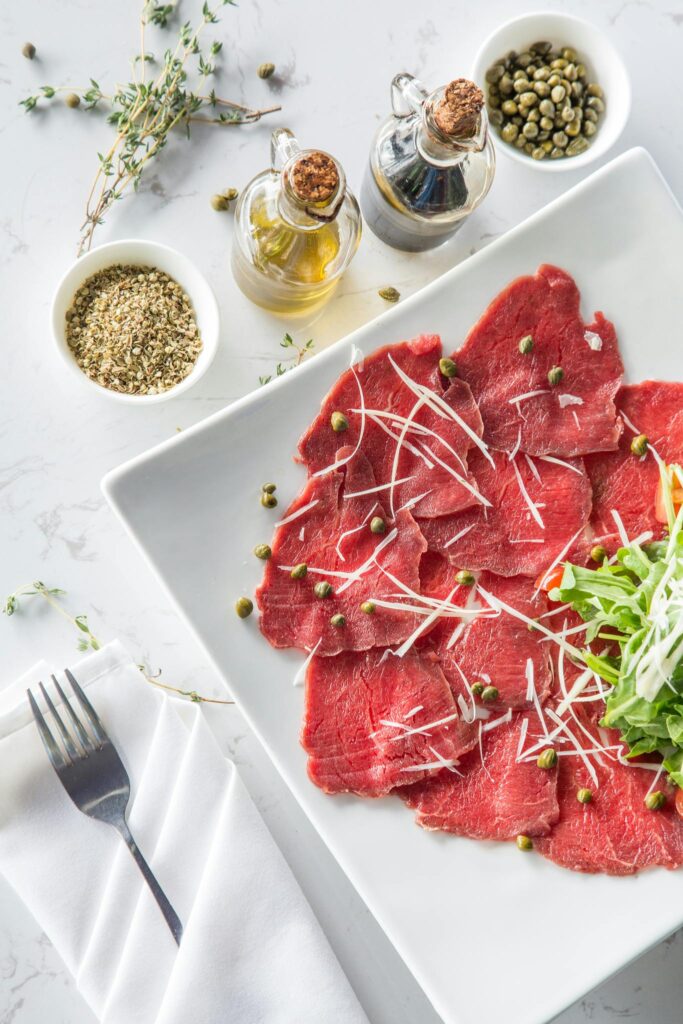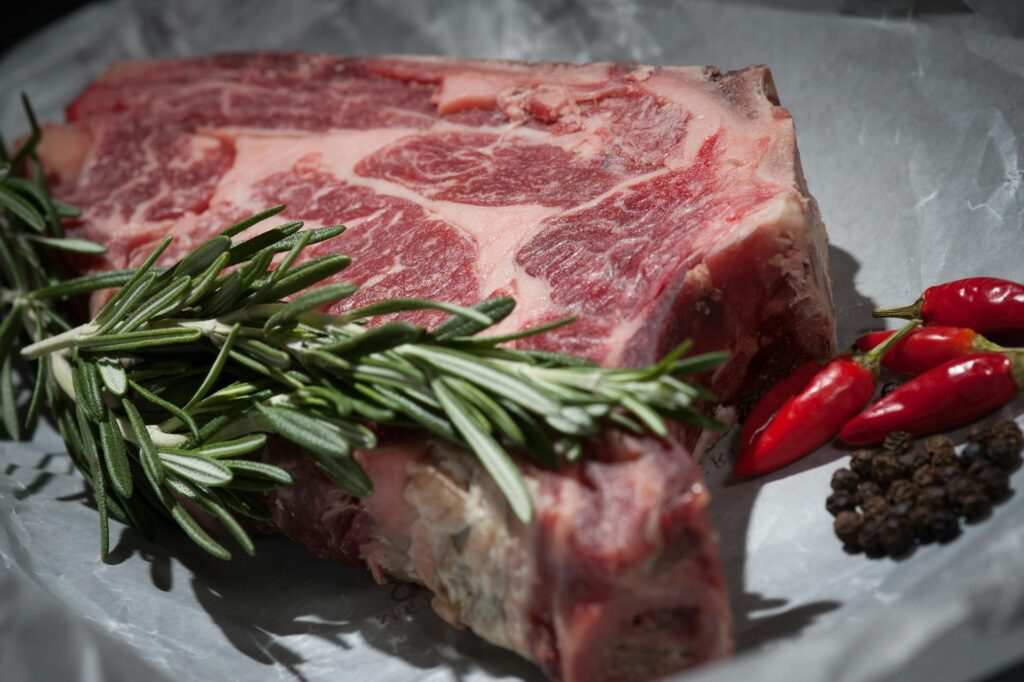
When evaluating a potential meat exporter, one of the first elements to examine is their compliance with international food safety standards and certifications. Reputable exporters will be fully transparent about the accreditations they hold, such as HACCP, ISO 22000, BRC, IFS, Halal, or Kosher certification. These certifications guarantee that the supplier follows strict quality control processes at every stage — from farming and slaughter to packaging and logistics. For international buyers, especially those importing meat across borders and customs, this is not just a quality measure but a requirement. Countries vary in their regulatory expectations, so your exporter should be prepared with all relevant documentation and knowledge to ensure smooth importation.
Beyond basic certifications, an exporter’s ability to implement traceability systems is critical. Reliable companies offer full transparency regarding product origins, batch tracking, and expiration control. This not only ensures food safety for end consumers but also protects your brand’s reputation. If there’s ever an issue with a batch, traceability systems allow quick response and resolution. Before signing any contract, buyers should request proof of compliance and ask about audits conducted by third parties. A trustworthy exporter will never hesitate to share this information and may even invite you for an on-site inspection, either virtually or in person. If you’re looking to partner with a certified and experienced meat exporter, just click to explore one of the most reliable options in the market.
Consistency in Product Quality and Supply Volume
One of the most common challenges faced by international meat buyers is inconsistency — both in quality and in delivery. A reliable exporter should be able to maintain consistent product specifications, texture, color, marbling, and flavor across all deliveries. Whether you are sourcing pork, beef, or poultry, uniformity is key to building trust with your own customers. Restaurants, retailers, and food processors rely on the fact that what they receive today will be the same high-quality product they expect next month or next year. This consistency isn’t just about reputation — it’s about efficiency, predictability, and seamless business operations.
Volume is another major consideration. Does the exporter have the capacity to meet your ongoing needs? Can they scale during seasonal demand surges or adapt to market fluctuations? A credible meat exporter will be upfront about their production capabilities and inventory systems. They’ll also have contingency plans in place — alternative sourcing, storage capacities, and backup logistics partners. These are critical during crises like supply chain disruptions or global pandemics. An exporter who fails to deliver as promised could lead to significant losses on your end, including empty shelves or dissatisfied clients. Always ask for detailed capacity reports and supply timelines before entering any agreement.

Transparent Communication and Responsive Customer Service
In global trade, communication can make or break a business relationship. Reliable meat exporters maintain clear, consistent, and transparent communication throughout the buying process. From the first quote to delivery confirmation, you should feel fully informed at every stage. This includes pricing breakdowns, product details, packing formats, shipping conditions, and estimated delivery dates. Exporters who avoid questions or provide vague answers are often red flags. Professional companies will assign you a dedicated account manager or export specialist who is available to respond promptly to inquiries or resolve unexpected issues.
Responsive customer service goes beyond emails and phone calls. Top-tier exporters often use multilingual teams to support their global clientele, offer digital platforms for real-time tracking, and provide after-sales assistance for paperwork, claims, or reorders. What happens if your container is delayed? What if a shipment arrives damaged or below standard? A responsible exporter will not disappear after shipping the goods — they will work with you to address and resolve any issues. In fact, their commitment to service is what often sets them apart from cheaper or less experienced providers. Choose an exporter who views communication as a partnership, not just a transaction.

Logistics Expertise and Cold Chain Management
The meat export business relies heavily on one crucial element: logistics. No matter how high the product quality is at the origin, poor transportation or mishandled storage can lead to spoilage, contamination, or delays. This is why partnering with an exporter that has proven logistics experience is essential. Look for companies that offer end-to-end cold chain management — from the moment the meat is processed, it should be kept at the correct temperature until it reaches your warehouse. This includes refrigerated trucks, temperature-monitored containers, and fast customs processing.
In addition to technical capabilities, the exporter should be well-versed in international shipping laws, export documentation, and import regulations in your country. This knowledge ensures that your cargo moves swiftly through ports and customs without unnecessary delays or extra costs. Many experienced meat exporters also offer tracking tools or logistics dashboards, allowing buyers to monitor the status of their shipment in real time. This visibility helps you plan your operations better and gives peace of mind, especially for high-value or perishable loads. When evaluating potential partners, ask for examples of recent export routes and their average transit times.
Positive Track Record and Long-Term Partnerships
The final and perhaps most telling indicator of a reliable meat exporter is their reputation. Companies with long-standing client relationships and a history of successful deliveries will have plenty of testimonials, references, and case studies. Ask potential exporters for references or contact details of current clients. If possible, speak directly with those customers to gain insights into reliability, product satisfaction, and problem-solving abilities. Additionally, look for companies that invest in building relationships — not just selling once, but creating long-term, mutually beneficial partnerships.
Trust is not built overnight, especially in international trade. A credible exporter will be focused on consistency, honesty, and continuous improvement. They will value your feedback and adapt their processes to better serve your needs. Whether you’re a retailer, distributor, or food manufacturer, aligning with the right exporter means fewer surprises, better margins, and stronger growth. Look beyond the price list — consider the people, the systems, and the company culture. A reliable meat exporter is one that grows with you and supports your success for years to come.





